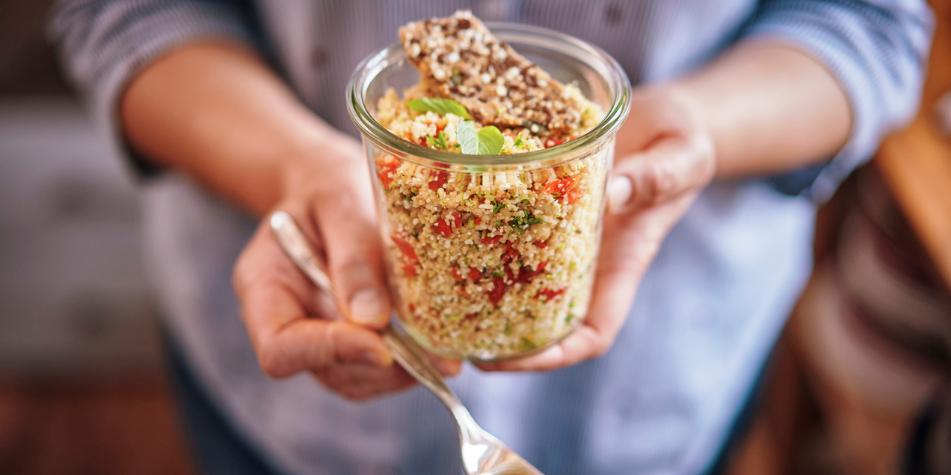The seed rich in calcium and iron that prevents tumors and keeps bones strong

For a long time, bread was considered one of the main sources of essential nutrients , especially for its carbohydrate content and its fundamental role in the daily diet of many cultures. However, over time, alternatives have emerged that offer greater nutritional value and fit various dietary needs.
Among these options, a seed with characteristics similar to quinoa has gained recognition for its properties and benefits. This ingredient is used in various preparations, including vegetarian dishes and gluten-free options, as well as serving as a coating in different recipes.
Properties and benefits of amaranth Amaranth is a seed with a high nutritional value, noted for its content of high-quality proteins, fiber and minerals such as calcium, iron and magnesium . Its consumption is recommended as part of a balanced diet, as it also has anti-inflammatory properties that can be beneficial for people with chronic diseases or inflammatory processes. Its versatility allows its inclusion in stews, salads, desserts and baked goods.
A study published in 2013 in the International Journal of Food Sciences and Nutrition highlighted that amaranth is an important source of calcium, iron and zinc. In addition, its protein profile makes it a quality alternative among plant-based proteins , providing all essential amino acids in balanced proportions.
Another of its main characteristics is that it does not contain gluten , which makes it a suitable option for people with celiac disease or sensitivity to this protein.
Additional benefits of amaranth The consumption of this seed offers various health benefits:
- Promotes muscle mass: its contribution of high-quality proteins and potassium contributes to muscle development and recovery, especially when ingested before or after exercise.
- Disease prevention: Contains squalene, a compound with antioxidant properties that protects cells from damage caused by free radicals, helping to reduce the risk of tumor formation.
- Strengthens bones: its high content of calcium, magnesium, manganese and phosphorus helps maintain bone health and decreases the likelihood of suffering from osteoporosis and osteopenia.
- It contributes to weight control: being low in calories and rich in protein and fiber, it generates a feeling of satiety and favors maintaining a stable weight within a balanced diet.
- Strengthens the immune system: its content of antioxidants, vitamins A, C and E, and minerals such as selenium contribute to improving the body's defenses and reducing the risk of disease.

It is a gluten-free option that can be included in salads, smoothies and baked goods. Photo: iStock
Experts say that including amaranth in your diet is easy because of its versatility. It can be added to smoothies, yogurts, fruit salads or combined with cereals for breakfast.
It is also an alternative to wheat flour in the making of breads, cookies and cakes , which is useful for those looking for gluten-free options. In addition, it can be used as a substitute for rice, pasta or quinoa in different dishes.
Before introducing any new food into your diet, it is recommended to consult with a nutrition or health specialist.
Fenugreek: protein, magnesium and its health benefits | El Tiempo The Nation (Argentina) / GDA
More news in EL TIEMPO *This content was rewritten with the assistance of artificial intelligence, based on information from La Nación, and was reviewed by a journalist and an editor.
eltiempo






